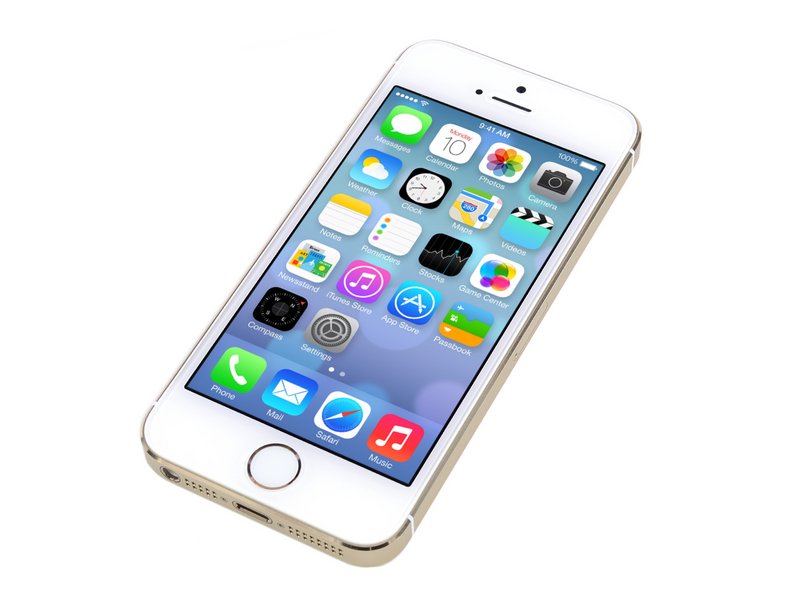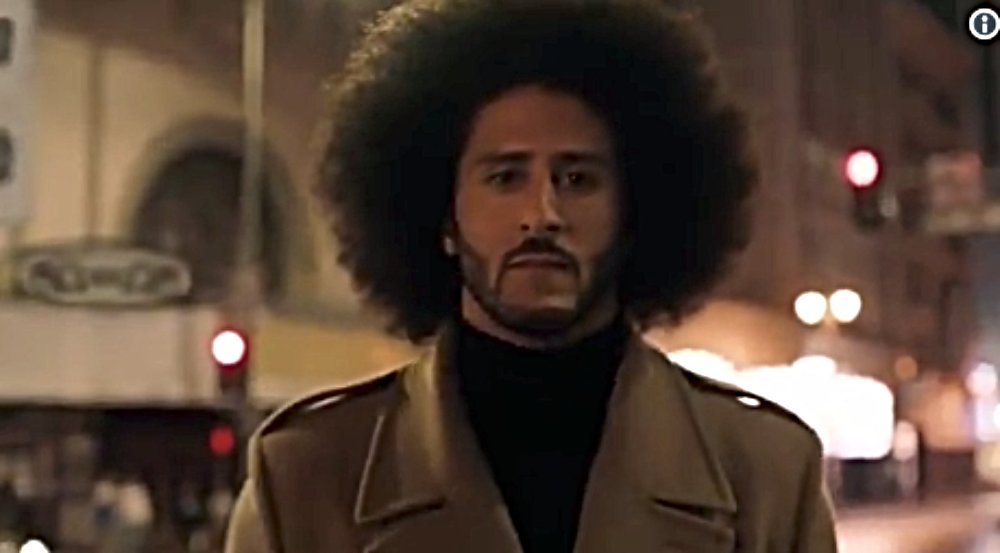The main thing that I got from this article is “correlation doesn’t equal causation”. As a statistics major, I have spent a lot of time hearing this over and over again when learning stat, and it’s one of the elementary ideas. However, when it comes to news headlines and debate focuses, people seem to not realize this important detail. Either that, or they choose to ignore it as to fool their audience. Whenever reading any type of information, always check to see, “is this cause and effect, or is it just a correlation?”.
Another important point that the article made is that research is always used as a blanket term now. Everything is about everyone when it comes to new psych information, when in reality each person is very different from the next. To say that Steph Curry is merely good at shooting the basketball because he practiced a lot does not take into account so many factors, such as athleticism and sport IQ. This is another case of correlation and not causation; although he definitely practices a lot to get better, he may just practice because he’s already got a talent and passion for basketball, not because he started terrible and wanted to be amazing. For every person it is completely different on how their ability will pan out in any given area of strengths and weaknesses, and with the 10,000 hours idea, this could never be a more general expression over the human race.


